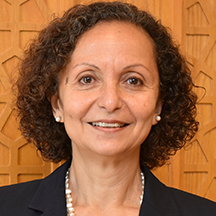It’s too early to tell what happened to the Arab Spring
Did the Arab Spring fail? This column presents a view the consensus view from ERF’s recent annual conference in Morocco: careful analysis of the fundamental drivers of democratic transitions suggests that it’s too early to tell.


